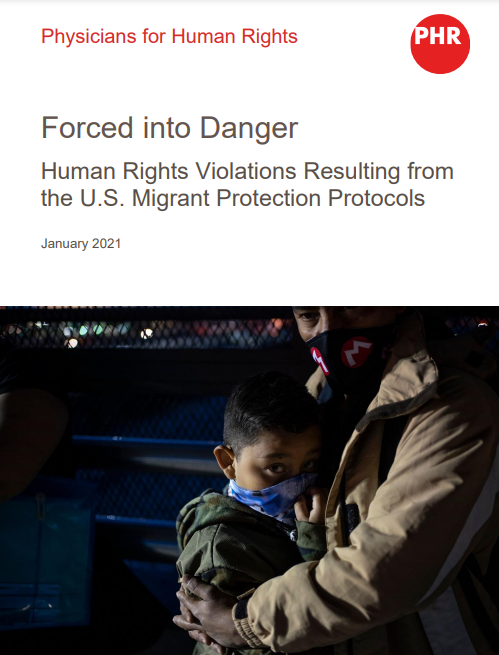By PICUM - Platform for International Cooperation on Undocumented Migrants
This paper outlines and addresses the particular circumstances and impacts of criminalisation frameworks on the human rights and dignity of undocumented migrant sex workers. Understanding the intersection of the criminalisation of migration and criminalisation of sex work enables an approach which safeguards the human rights and dignity of undocumented migrant sex workers. A number of undocumented migrants work in sex work. They face multiple layers of discrimination, social exclusion, stigma and poverty, due to their migration status and their occupation (as well as any other intersectional forms of discrimination including gender, ethnic or social origin, sexual orientation or gender identity, disability, etc.). PICUM’s concern is not about the judgment of sex work itself, but whether undocumented migrant sex workers have protections and their rights upheld. As more people fall into irregularity across Europe, more undocumented migrants will likely engage in sex work for survival and to generate an income. It is therefore important that PICUM outlines how criminalisation frameworks exacerbate the myriad issues faced by undocumented migrants and works to reduce the harmful impacts of these frameworks. PICUM has worked for eighteen years to address the impacts of criminalisation frameworks on undocumented migrants. Over the past four years, PICUM has had discussions with organisations working with undocumented migrants selling sexual services, both within and outside of PICUM’s membership, including sex worker-led organisations. Several workshops on the challenges facing undocumented migrant sex workers were held at PICUM’s Annual General Assemblies, in 2016, 2017, 2018 and 2019. During the same time period, dedicated sessions on this issue were held within PICUM’s Executive Committee, and having considered the available evidence, this paper is a result of this process. The paper concludes that criminalising the purchase and facilitation of sex work impacts negatively on sex workers, and that the impacts are multiplied when sex workers are undocumented migrants.
Being an undocumented sex worker adds a layer of discrimination, social exclusion and precarity vis-à-vis public services and authorities. Many undocumented sex workers experience theft, violence, harassment, exploitation, evictions and homelessness. They are unable to report crimes to the police without risking deportation, and police are sometimes the perpetrators of violence. They have limited access to essential services including health care, and face immense barriers to accessing protection and justice. Undocumented sex workers are disproportionately subject to police harassment and targeted for immigration enforcement, including as a result of anti-trafficking initiatives. A holistic response is needed to address the human rights violations and lack of opportunities faced by undocumented migrant sex workers. Reforms of policies addressing poverty and discrimination, social services and security, labour rights, immigration and housing, among others, are all needed to provide people with the resources and security they need, both while they are sex workers, and so they don’t have to engage in sex work. Within this, decriminalisation is one of the crucial steps to support the empowerment, human rights and dignity of sex workers. Nonetheless, PICUM will continue to engage in dialogue and work with those of our members and partner organisations with different approaches, focusing on areas of shared concern and action.
Brussels, Belgium: PICUM. 2019, 32pg





















